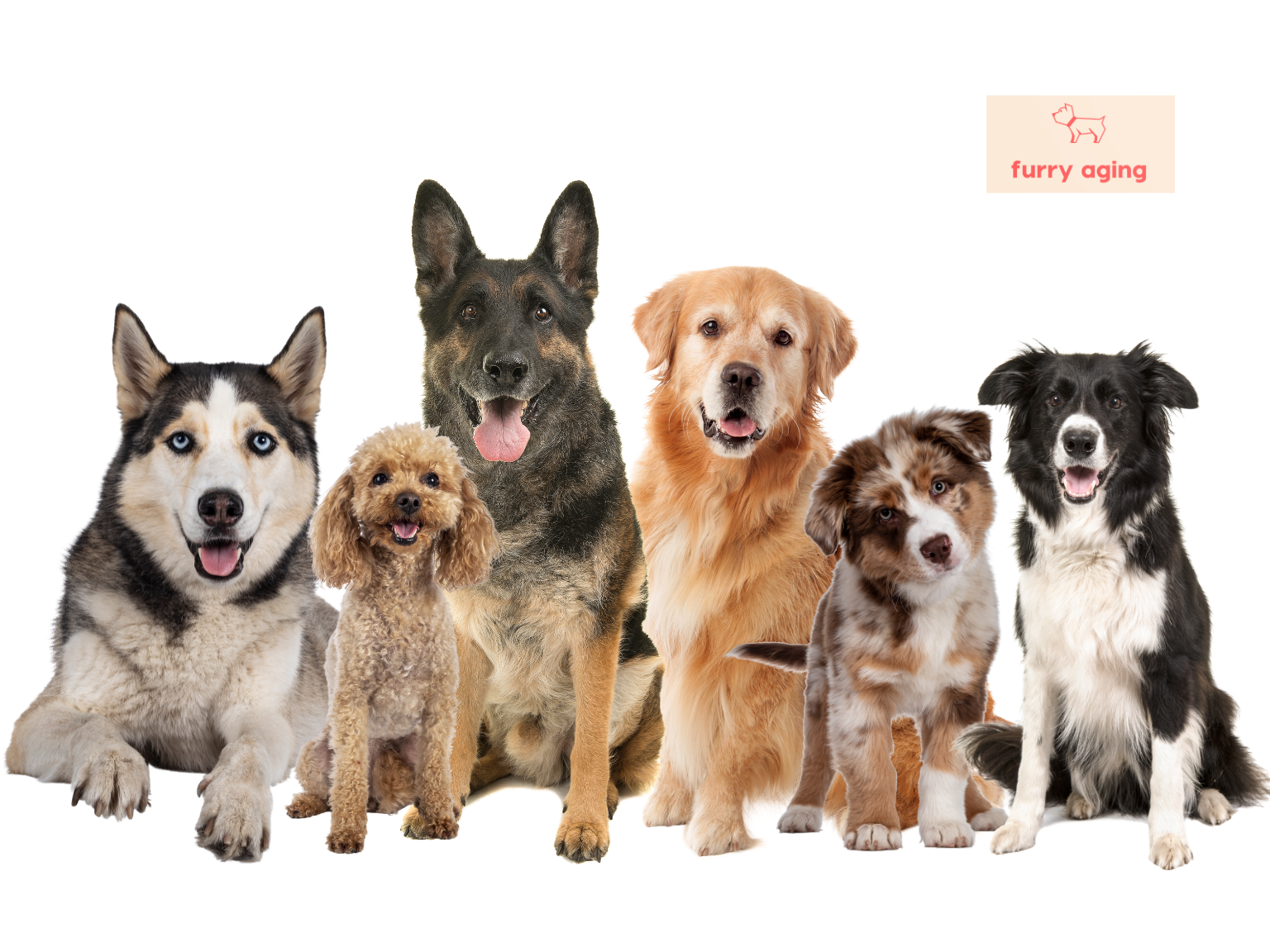
Have you ever heard the saying “dogs look like their owners”? I find this to be true in many cases. Not only do dogs often resemble their owners physically, but they also share similar personalities. For example, my dog had a personality similar to my dad’s: confident, a bit skeptical, and always sticking close to my mom.
My dog also had other human-like traits:
He liked the music from the 80s, chilling with my brothers, and being part of the jamming music sessions. He used to seek me out for cozy cuddles and back scratches. But, not too many cuddles, because he valued his independence.
He didn’t like many dogs, only a few (perhaps because he considered himself superior). However, he liked the company of humans. He often spent time with my brothers’ friends and had a crush on a few of my girlfriends, but mostly he was fond of mom (who was also his mom).
He was very human-like.
Have you ever looked at your dog and wondered if they were human in a past life?
I spent hours researching human-like dog breeds on various forums and compiled a list based on the most upvoted suggestions. Here is my selection:
1. Livestock Guardian Dog: The Protector
This category includes Anatolian Shepherds, Great Pyrenees, Mastiffs, etc.
They are smart, independent, and trustworthy because, for millions of years, they were reliable around livestock without supervision. Their priorities are generally aligned with what their humans want.
They are loyal and protective of their families. Always attentive to potential danger.
They give roommate vibes more than pet vibes.
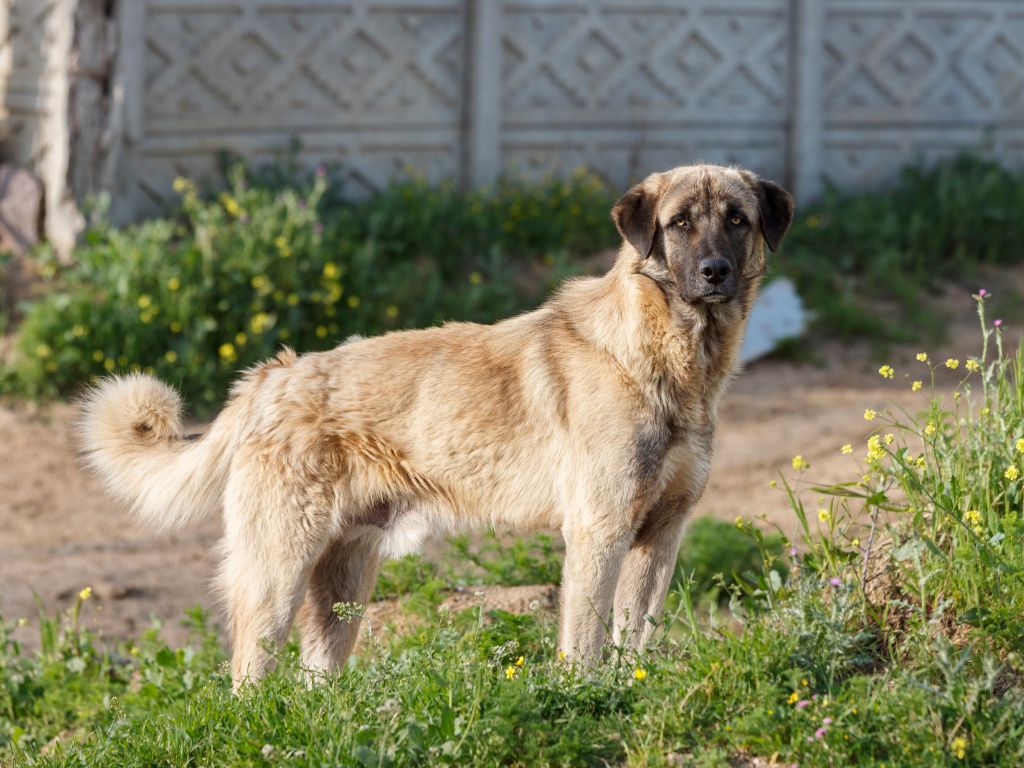
2. Standard Poodle: The Toddler in a Dog Suit
Poddles are highly intelligent, energetic, and social. They require regular physical activity and mental stimulation.
They are easy to train, eager to please, and playful without being destructive.
Standard poodles typically have secure attachments to humans, but smaller variations might be more prone to separation anxiety.
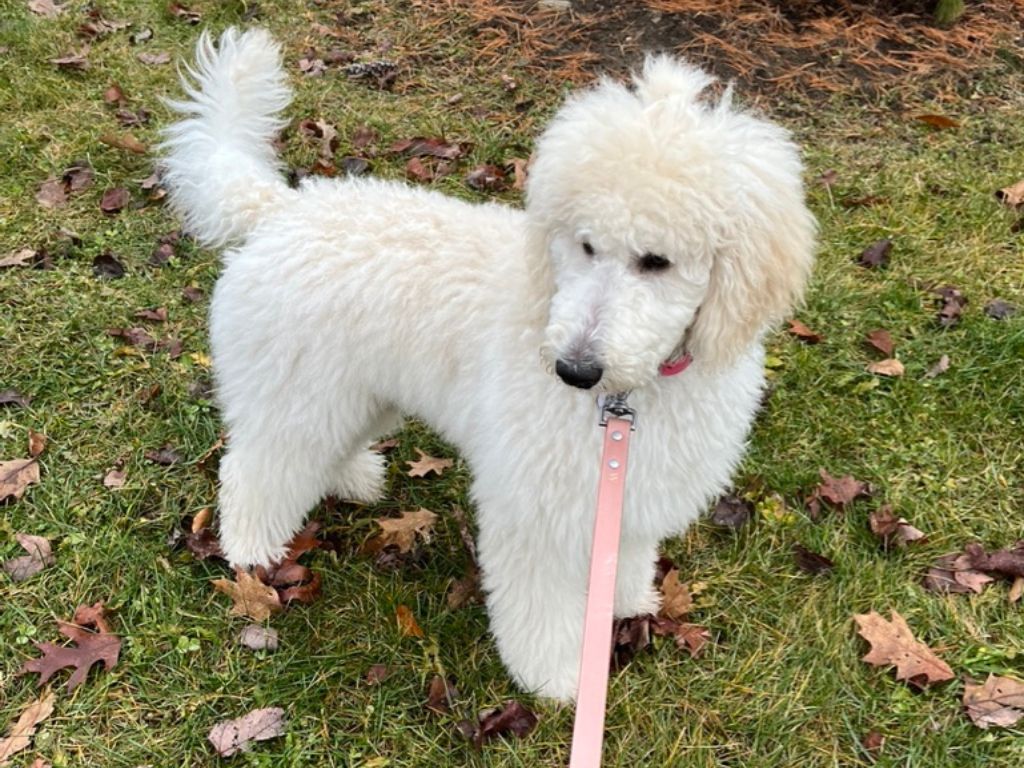
3. Border Collie: Einstein in Fur
Border collies are known as the smartest dogs (human-like smart, or smarter in many cases). They are considered the leading sheep-herding breed in the world because of their speed, agility, problem-solving skills, and drive.
They are sensitive, energetic, loyal, and develop a deep connection with their owners.
On the other hand, if they don’t get enough physical and mental activity, they can easily get bored and become destructive.
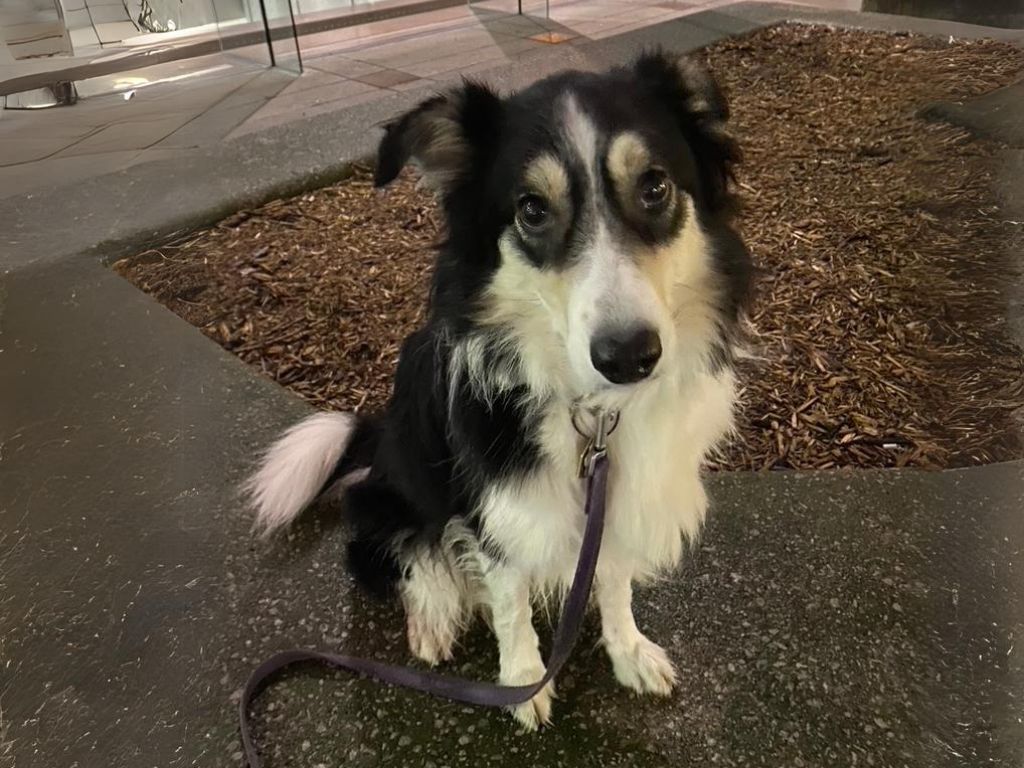
4. Australian Shepherd: The Butt Wiggler
Aussies are known for being smart, energetic, and easy to train dogs for work and sports. They excel in obedience training, agility, and herding trials, among others. They enjoy engaging in physical activities such as running or playing fetch.
Similarly to Border Collies, Aussies also develop a strong emotional bond with their humans. I learned that many people have long conversations with their Australian Shepherds, and they feel that their pets understand them. Despite not being able to speak, Aussies patiently listen and look at their owners while they talk. It’s no wonder they are considered as the best human substitute by many.
Fun fact: Did you know that Australians are known for wiggling their whole rear when they are happy? The happier they are, the more they wiggle their butts.
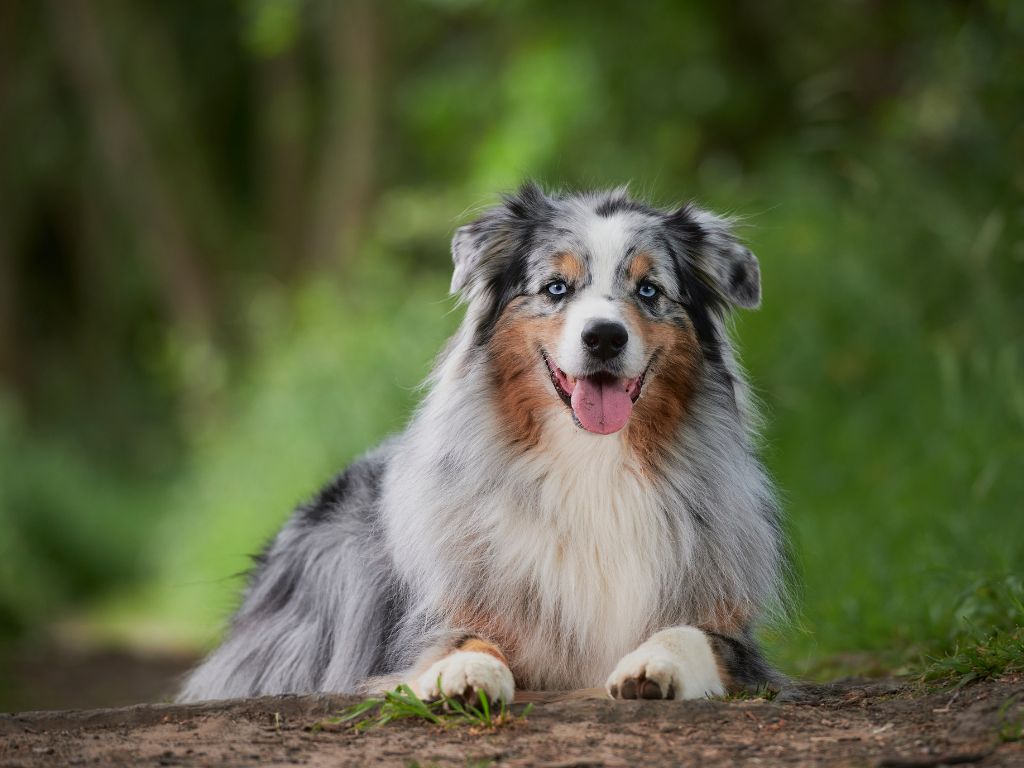
5. Siberian Husky: The Stubborn Guy
Huskies are friendly dogs and enjoy the company of people and other dogs, but they also value their independence. They prefer to be seen as companions, rather than just pets.
They have high levels of energy and require a lot of exercise. That’s why they are good at endurance activities such as running, hiking, and pulling sleds, among others. They are also your best buddies for outdoor winter activities.
When it comes to training, they can be quite stubborn and may refuse to follow instructions. You may need to persuade, negotiate, or incentivize them to cooperate, or else they won’t listen to you.
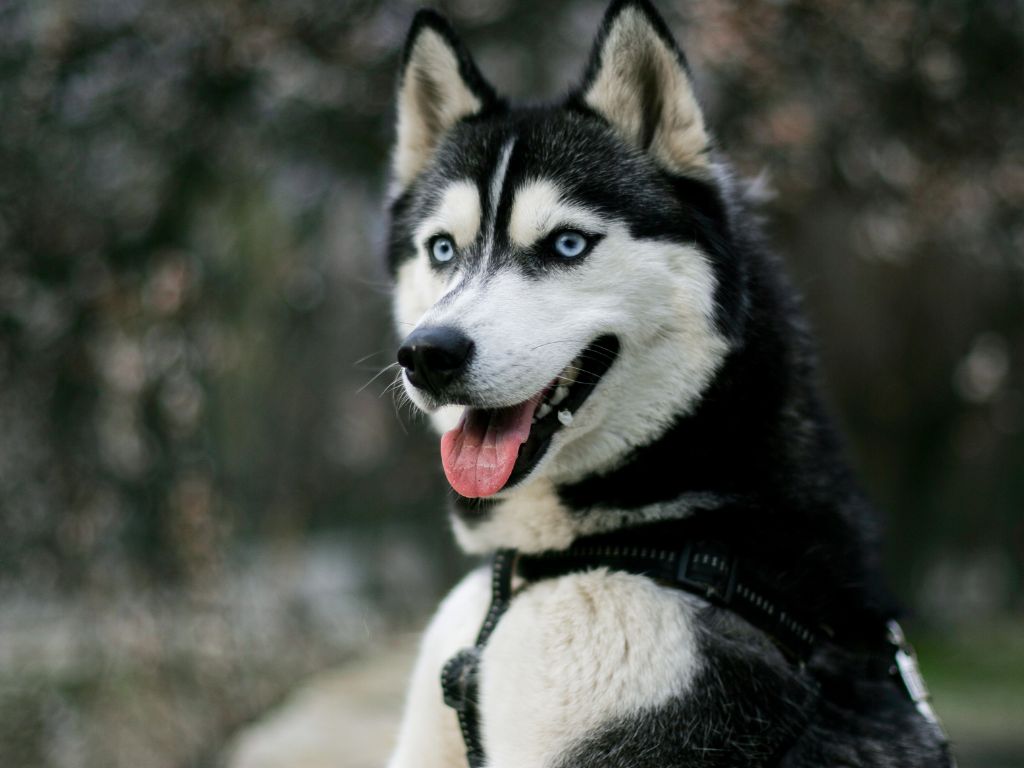
6. Golden Retriever: The Fluffiest Therapist
Goldens are your best emotional support buddies. They can sense their owners’ feelings and stay with them to offer comfort.
Golden Retrievers are intelligent, friendly, and gentle, making them ideal for families with children and other pets.
They can also be trained as working dogs to perform jobs as search and rescue, drug and bomb detection, and therapy and service dogs.
They have moderate to high levels of energy and require regular physical activities and mental stimulation.
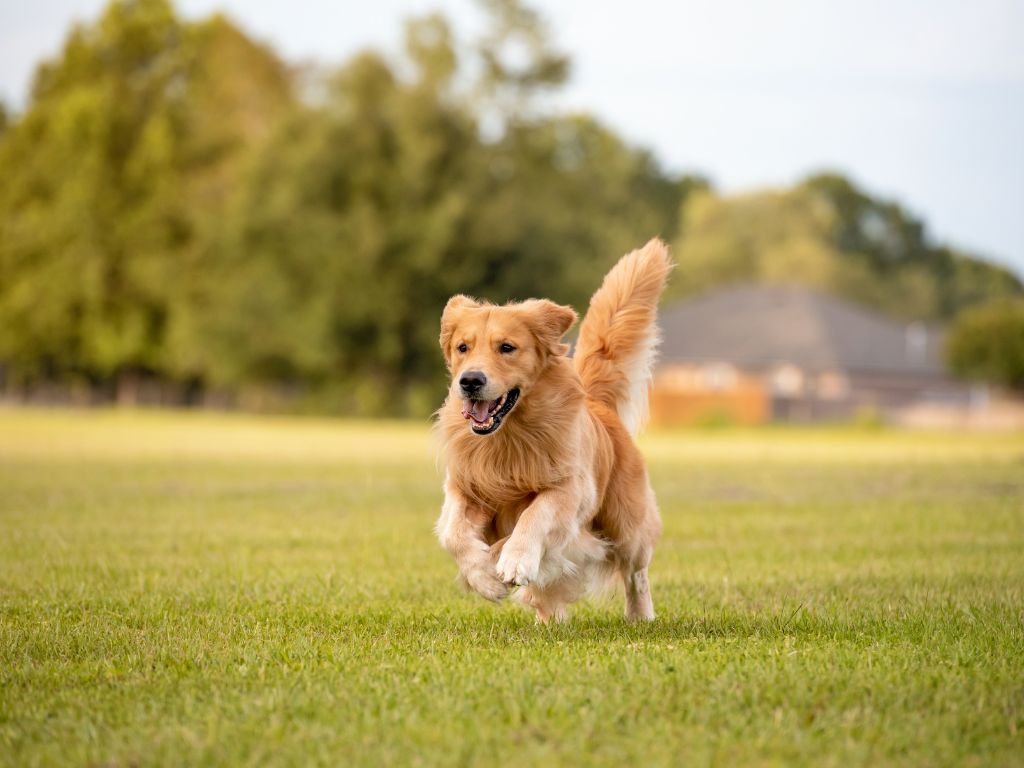
7. German Shepherd: The Loyal Companion
German Shepherds (GSD) are intelligent, affectionate, loyal, and protective dogs. They are great at understanding and following cues from their owners. They make wonderful family pets, but they require a lot of attention and care. Owning a GSD can be like having a 6-year-old child, as they need constant supervision and guidance.
These dogs can also be trained for various working roles, such as police dogs, search and rescue dogs, and therapy dogs.
They need high levels of physical activity and mental stimulation to prevent behavioral issues. Sadly, many first-time GSD owners are not aware of the amount of care and attention these dogs require, and thus end up surrendering them to shelters. This is why GSDs are the 3rd most popular breed available for adoption in the USA.
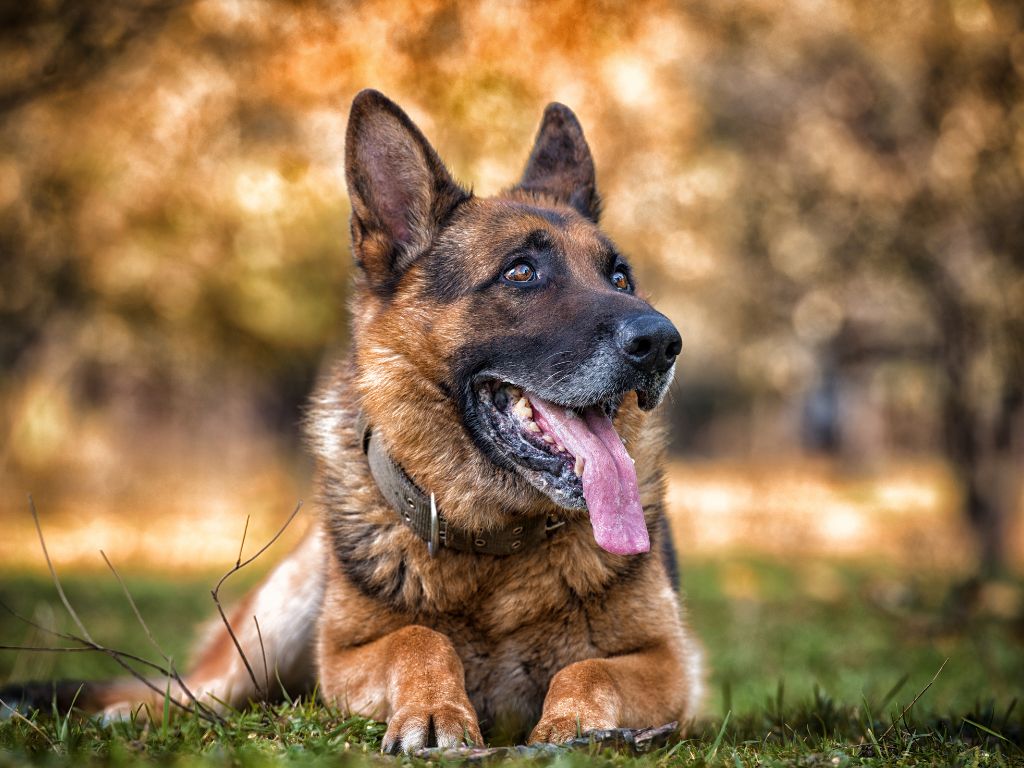
Final Thoughts on Human-Like Dog Breeds
I’m sure the list can go on… you can probably find human traits in every dog (maybe because they have been by our side for so many years).
Having a human-like dog can bring companionship and the joy of forming a firm bond with your furry buddy. But, be aware that they might require tons of mental and physical stimulation. Otherwise, you will have a misbehavied and frustrated dog.
🙆🏻♀️🐶🐾
Related Articles:
References:
Recent Posts
Is the Dogo App Worth It? Honest Review After Training My Dog
Training your dog shouldn’t feel like another chore, but it often does because, unless you’re a professional trainer, you have to research everything yourself first. And that research can take...
Amazon's Top Black Friday and Cyber Monday Deals for 2024: Dog Products Edition
The holiday shopping season has officially started and Amazon has already released some incredible deals on pet products for Black Friday and Cyber Monday 2024. Here is our curated list of the...
